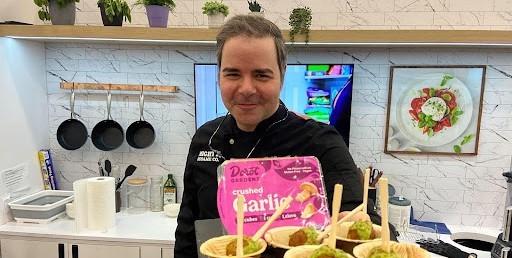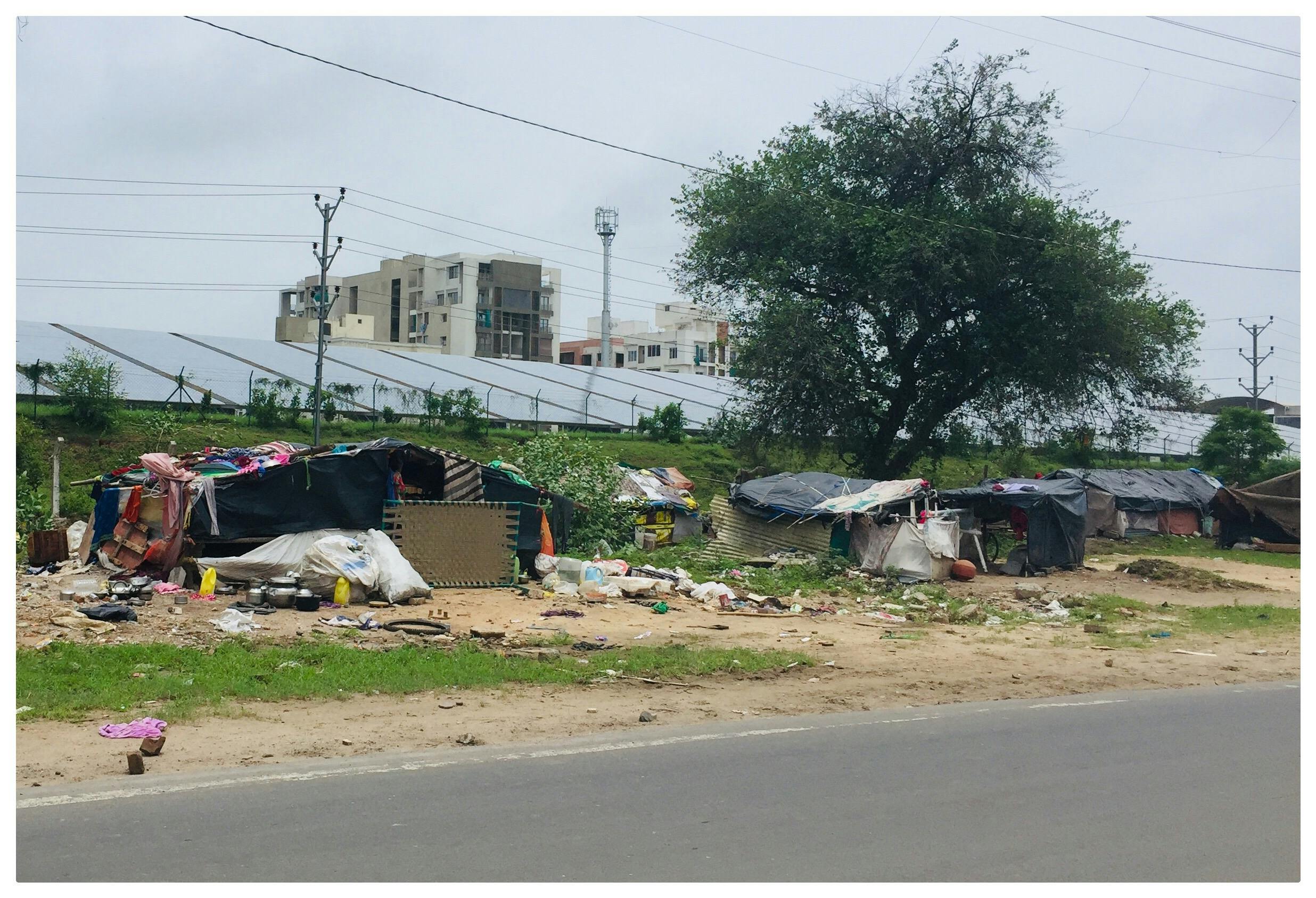According to No Kid Hungry, almost 13 million children live in “food insecure” homes, meaning that every household member, including the kids, doesn’t have enough food to maintain a healthy life. In California alone, Feeding America estimates that 1 in 7 kids go hungry every day. With the costs of food rising, it is becoming more of a privilege to be able to afford to feed your family and yourself, which is why California’s CalFresh program has been so beneficial for low-income residents. But now the state is set to eliminate the food assistance program.
CalFresh is the state’s food-support program for low-income earners, formerly known as food stamps, that has been helping struggling residents. The state has matched CalFresh money, dollar-for-dollar, spent at participating farmers markets across the Golden State through Market Match. The program offered up to $291 for individuals who earned less than $18,954 annually. Residents with a CalFresh EBT card can go to participating farmers markets, find the Market Match table, decide how much money they want to spend, and the Market Match managers provide a voucher for up to $20 that residents can use for fresh fruits and vegetables. Qualifying residents are only able to use the funds once a day at participating farmers markets. Vendors are later able to redeem the vouchers for cash.
The program was originally designed to benefit communities that were identified as “food deserts,” areas that were suffering food apartheid, with easy access to a plethora of unhealthy, processed food but little access to fresh fruits and vegetables. In 2009, the Market Match program began with private funding at 14 markets, but has since grown, with 293 farmers markets and stands now supported through state and federal funds—making food accessible to California residents who need it.
This safety net, which helps ensure many residents are better nourished and kept out of poverty, was effectively eliminated when state Governor Gavin Newsom announced this past January his plans to cut the program’s funding. The announcement reveals Newsom’s plans to cut approximately $37.8 billion dollars in state funding, which includes $33.2 million of Market Match’s $35 million budget.
The budget cut came as a shock to many food policy organizations who recognized the success of Market Match, which helps support over 500,000 state residents, often providing vital nutrition to multiple members of a family. This program has also helped strengthen California farming communities in areas like Fresno and Monterey counties. California’s secretary for the Department of Food and Agriculture, Karen Ross, estimates that the program has helped provide over $90 million in benefits to small farms in the state.
Despite an awareness that the state funding was never permanent, unfortunately, the cut in state funding means that California no longer qualifies for matching grants from the U.S. Department of Agriculture. Yet, while the state is still negotiating budgets until May, having to formally adopt a budget plan by June, food policy organizations, elected officials, farmers, and customers are ready to advocate to save the Market Match program.

































































































































































































































































































































